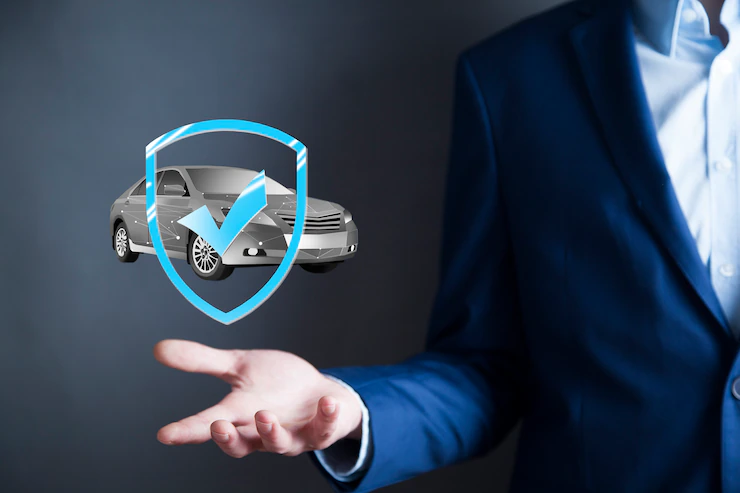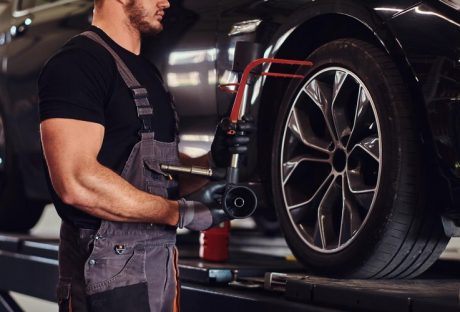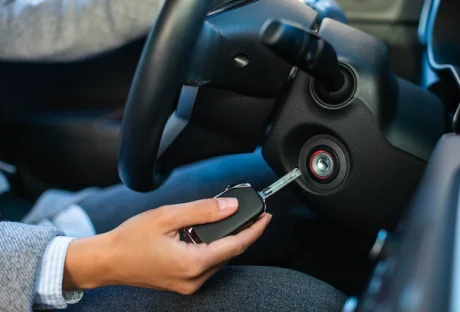Selecting the right car insurance company is a crucial decision that not only impacts one’s financial health but also one’s peace of mind. With an array of options in the market, it can be an overwhelming task to actually find the best car insurance company. Here are some systematic steps and tips to assist consumers in making an informed choice.
1. Determine Coverage Needs
Before diving into the search, one must define what they expect from an insurance policy. Factors to consider include:
- Level of Coverage: Comprehensive, collision, liability, etc.
- Desired policy limits and deductibles.
- Any additional coverage like rental car, roadside assistance, or medical payments.
2. Research & Gather Recommendations
- Ask friends and family: Personal experiences can provide insights into a company’s customer service, claims handling, and overall reliability.
- Online Reviews & Ratings: Websites that compile customer reviews or rate insurers can be invaluable. Look for consistent trends, both positive and negative.
3. Compare Quotes
Obtaining multiple quotes ensures that one doesn’t overpay for coverage.
Ensure that quotes are for the same type and amount of coverage for an accurate comparison.
Remember, the cheapest option isn’t always the best. Consider the value offered for the price.
4. Assess Financial Stability
An insurer’s financial strength is indicative of its ability to meet its policy obligations.
Consider checking rating agencies such as A.M. Best or Standard & Poor’s for an objective evaluation of a company’s financial health.
5. Scrutinize Customer Service & Claims Handling
Timely and efficient claims processing and customer-friendly service are crucial.
- Check online forums and reviews to gauge customer satisfaction.
- Consider contacting state insurance departments to check if a particular company has received an excessive number of complaints.
6. Understand Discounts & Savings Opportunities
Many insurers offer discounts that can significantly reduce premiums.
- Common discounts include multi-policy, good driver, and safety feature discounts.
- Always inquire about available discounts when receiving a quote.
7. Review the Policy’s Fine Print
Before committing, understand every term and condition.
- Look for any exclusions or limitations.
- Know the policy’s effective dates and the process for cancellation or adjustments.
8. Periodically Reevaluate
Insurance needs and market offerings can change over time.
- Consider reviewing policies annually or after major life events like buying a new car or relocating.
- Regularly shop around to ensure one is still getting the best deal and the most suitable coverage.
Tips & Tricks
- Leverage Online Comparison Tools: Many platforms allow consumers to compare quotes from various insurers simultaneously.
- Bundle Policies: Many companies offer discounts if one buys multiple types of insurance (e.g., car and home) from them.
- Consider Higher Deductibles: Opting for a higher deductible often lowers the premium, but ensure there are enough savings to cover it if a claim is necessary.
- Maintain a Good Driving Record: Safe drivers often receive better rates.
Final Thoughts
Selecting the ideal car insurance company requires careful consideration of individual needs, thorough research, and proactive engagement with potential insurers. By following the above steps and utilizing the provided tips, consumers can confidently navigate the insurance landscape and secure a policy that offers both value and peace of mind.
Read Also:
- The Average Price Of Car Insurance In New York – What You Can Expect To Spend!
- Essential Reasons for Comparing Car Insurance Quotes Online
- A Detailed Guide to Cashless Car Insurance Policy






















